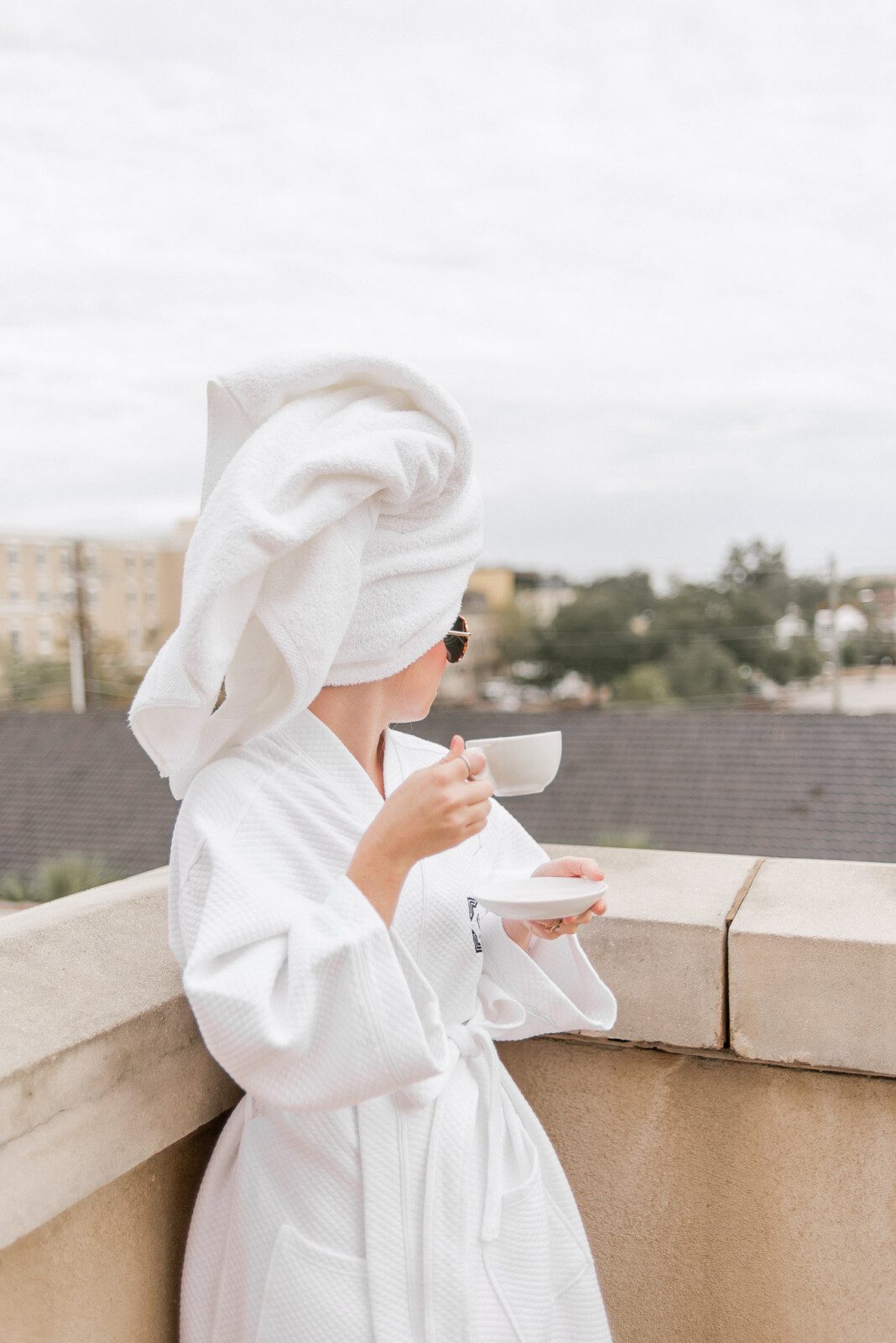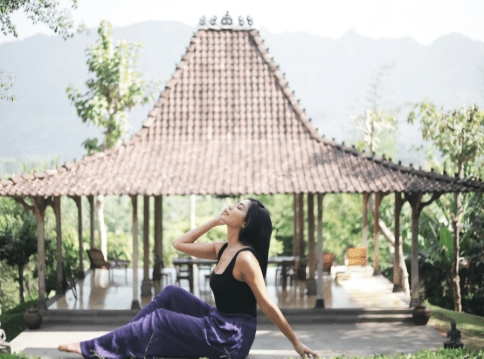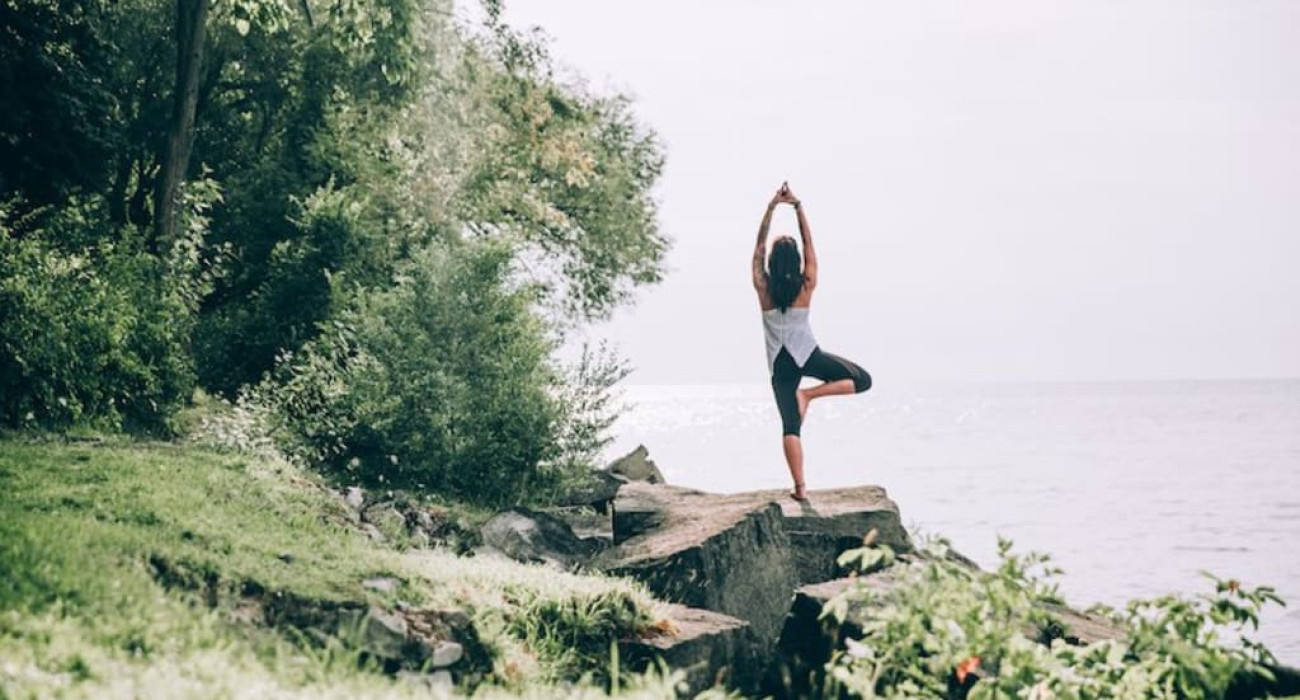In a world that often feels perpetually stressed, disconnected, and overwhelmed, more people are turning to something deeper than quick weekend getaways or airport layovers: travel as self-care. Once considered a luxury or a means of escape, travel today is emerging as a restorative and intentional act—one that supports mental, emotional, and even physical well-being.
If you’ve ever returned from a trip feeling more aligned, inspired, or reconnected with yourself, you’ve already experienced the shift. Here’s how travel as self-care is transforming the way we experience the world—and ourselves.
1. Mental Health Breaks Are Now Mainstream
Increased awareness of burnout and anxiety has elevated conversations around mental health. According to the American Psychological Association, stress levels in the U.S. remain historically high, prompting people to seek meaningful ways to reset.

That’s where travel as self-care steps in.
Unlike the traditional “vacation to party and forget,” today’s self-care travelers are opting for silence, nature, and stillness. Whether it’s a solo cabin retreat through Getaway House or a digital detox in Costa Rica, people are using travel to restore their mental bandwidth, not just escape their to-do lists.
In fact, studies from the U.S. Travel Association reveal that 81% of travelers reported significant mental health benefits after a trip—improved mood, better sleep, and less anxiety.
2. Wellness Travel Is Now a Multi-Billion Dollar Industry
Self-care isn’t just about bubble baths or journal prompts anymore. It’s also about whole-body healing—and the wellness tourism industry has taken note. Valued at over $814 billion in 2022, wellness travel includes yoga retreats, mindfulness experiences, spa therapy, forest bathing, and nutritional reboots.

From the scenic cliffs of Esalen Institute in Big Sur to thermal healing pools in Iceland’s Blue Lagoon, wellness destinations are designed to align with one central principle: travel as self-care.
And it’s not just for luxury travelers anymore. Platforms like BookRetreats offer affordable, intention-based travel experiences across the globe. These types of trips aren’t about indulgence—they’re about healing, presence, and connection.
3. People Are Traveling With Intent—Not Just Itineraries
The trend of “slow travel” is gaining traction as travelers seek deeper meaning over tourist checklists. Rather than racing through five cities in seven days, people are choosing to spend longer periods in one place—immersing themselves in local culture, cuisine, and community.

This slower pace supports travel as self-care by promoting mindfulness. It’s no longer just about the destination but the experience of getting there and what it brings up internally.
Mindful travel itineraries are also becoming popular—focusing on intentional activities like sunrise hikes, guided meditations, or volunteering. Travelers are asking questions like:
-
“What do I need emotionally right now?”
-
“How can this trip help me reset, rather than just distract?”
In this way, travel as self-care is making us not only more mindful travelers but more mindful people.
4. Nature Travel Is Becoming a Healing Prescription
If you’ve ever stood before a waterfall or watched a mountain sunrise, you already know: nature heals. With rising urbanization and digital overload, people are increasingly seeking nature-centric trips to reconnect and recalibrate.

Ecotherapy—or nature therapy—is now supported by science. Studies in Frontiers in Psychology show that spending time in nature reduces cortisol levels, improves mood, and even boosts immune function.
This has inspired a rise in trips that prioritize the outdoors: glamping in Montana, hiking in Japan’s Kumano Kodo trail, or stargazing in the Utah desert. Each of these experiences taps into the growing need for travel as self-care, using nature as a powerful agent of restoration.
5. Solo Travel Is Empowering and Therapeutic

More people—especially women—are embracing solo travel not just for the thrill, but for the healing. Whether it’s overcoming fear, rebuilding confidence after a breakup, or simply learning to enjoy your own company, solo travel offers unmatched personal growth.
According to Travel + Leisure, 25% of travelers planned a solo trip in the past year, citing self-discovery and independence as primary motivations.
When practiced mindfully, solo travel becomes one of the most potent forms of travel as self-care. It gives you space to listen to yourself, make choices without compromise, and even sit with discomfort—all critical elements of healing.
For tips, communities like Solo Female Travelers and Nomadic Matt’s Solo Travel Resources offer support, inspiration, and real-life stories from solo journeys that changed lives.
Final Thoughts: Travel Is the New Therapy—When Done Right
More than just a break from the 9-to-5 grind, travel as self-care is emerging as a lifestyle, a philosophy, and a therapeutic approach. It’s about tuning in rather than tuning out. It’s about healing rather than hiding.
Whether you’re dipping your toes into a wellness retreat, planning a solo adventure, or just booking a weekend away to breathe and be still, your trip can be more than a memory—it can be a turning point.
So the next time you browse flights or scroll through Airbnb listings, ask yourself: What kind of care does my soul need right now?
The answer might not be another beach party or amusement park. It might be silence. It might be sunlight. It might be a trail, a hammock, or a long-awaited moment with yourself.
Because in today’s world, travel as self-care isn’t just a luxury—it’s a necessity.
